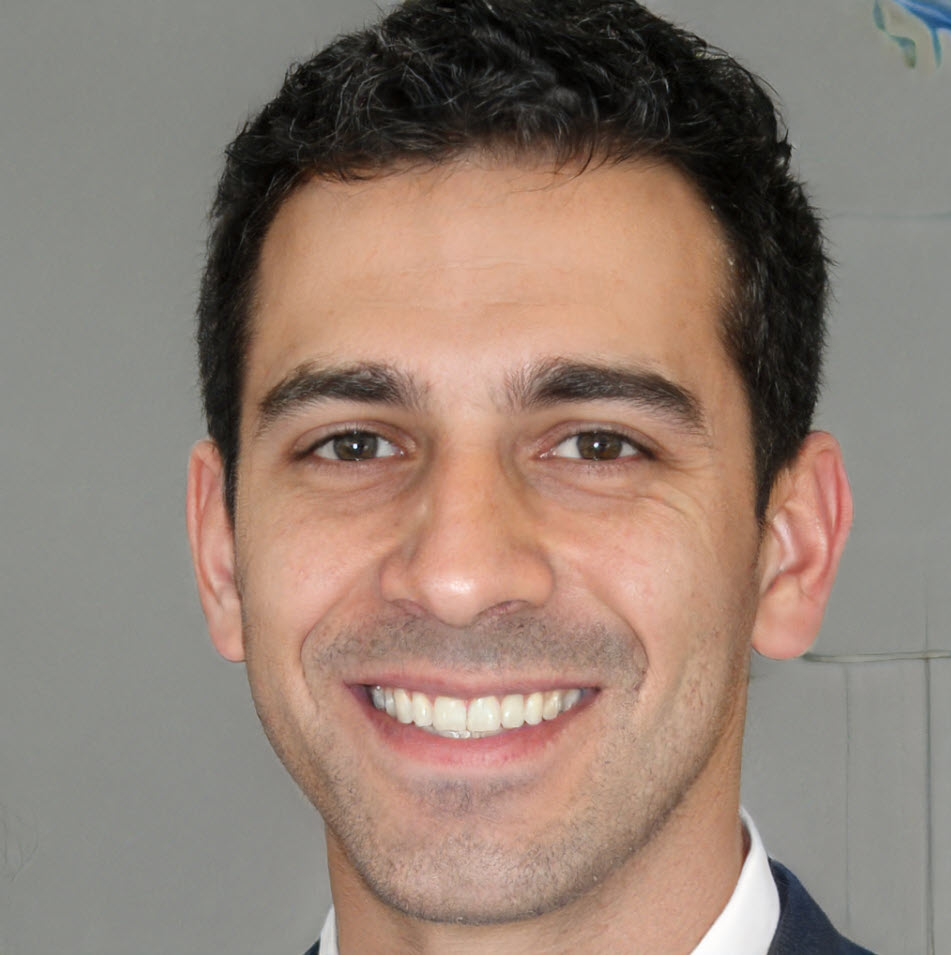Why Superhuman Coding Is About To Arrive
7,541 View
Share this Video
- Publish Date:
- 3 April, 2025
- Category:
- Information Technology
- Video License
- Standard License
- Imported From:
- Youtube
Tags
Eiso Kant, CTO of poolside AI, discusses the company's approach to building frontier AI foundation models, particularly focused on software development. Their unique strategy is reinforcement learning from code execution feedback which is an important axis for scaling AI capabilities beyond just increasing model size or data volume. Kant predicts human-level AI in knowledge work could be achieved within 18-36 months, outlining poolside's vision to dramatically increase software development productivity and accessibility.
SPONSOR MESSAGES:
***
Tufa AI Labs is a brand new research lab in Zurich started by Benjamin Crouzier focussed on o-series style reasoning and AGI. They are hiring a Chief Engineer and ML engineers. Events in Zurich.
Goto https://tufalabs.ai/
***
Eiso Kant:
https://x.com/eisokant
https://poolside.ai/
TOC:
1. Foundation Models and AI Strategy
[00:00:00] 1.1 Foundation Models and Timeline Predictions for AI Development
[00:02:55] 1.2 Poolside AI's Corporate History and Strategic Vision
[00:06:48] 1.3 Foundation Models vs Enterprise Customization Trade-offs
2. Reinforcement Learning and Model Economics
[00:15:42] 2.1 Reinforcement Learning and Code Execution Feedback Approaches
[00:22:06] 2.2 Model Economics and Experimental Optimization
3. Enterprise AI Implementation
[00:25:20] 3.1 Poolside's Enterprise Deployment Strategy and Infrastructure
[00:26:00] 3.2 Enterprise-First Business Model and Market Focus
[00:27:05] 3.3 Foundation Models and AGI Development Approach
[00:29:24] 3.4 DeepSeek Case Study and Infrastructure Requirements
4. LLM Architecture and Performance
[00:30:15] 4.1 Distributed Training and Hardware Architecture Optimization
[00:33:01] 4.2 Model Scaling Strategies and Chinchilla Optimality Trade-offs
[00:36:04] 4.3 Emergent Reasoning and Model Architecture Comparisons
[00:43:26] 4.4 Balancing Creativity and Determinism in AI Models
[00:50:01] 4.5 AI-Assisted Software Development Evolution
5. AI Systems Engineering and Scalability
[00:58:31] 5.1 Enterprise AI Productivity and Implementation Challenges
[00:58:40] 5.2 Low-Code Solutions and Enterprise Hiring Trends
[01:01:25] 5.3 Distributed Systems and Engineering Complexity
[01:01:50] 5.4 GenAI Architecture and Scalability Patterns
[01:01:55] 5.5 Scaling Limitations and Architectural Patterns in AI Code Generation
6. AI Safety and Future Capabilities
[01:06:23] 6.1 Semantic Understanding and Language Model Reasoning Approaches
[01:12:42] 6.2 Model Interpretability and Safety Considerations in AI Systems
[01:16:27] 6.3 AI vs Human Capabilities in Software Development
[01:33:45] 6.4 Enterprise Deployment and Security Architecture
TRANSCRIPT:
https://www.dropbox.com/scl/fi/szepl6taqziyqie9wgmk9/poolside.pdf?rlkey=iqar7dcwshyrpeoz0xa76k422&dl=0
CORE REFS (see shownotes for URLs/more refs):
[00:15:45] Research demonstrating how training on model-generated content leads to distribution collapse in AI models, Ilia Shumailov et al. (Key finding on synthetic data risk)
[00:20:05] Foundational paper introducing Word2Vec for computing word vector representations, Tomas Mikolov et al. (Seminal NLP technique)
[00:22:15] OpenAI O3 model's breakthrough performance on ARC Prize Challenge, OpenAI (Significant AI reasoning benchmark achievement)
[00:22:40] Seminal paper proposing a formal definition of intelligence as skill-acquisition efficiency, François Chollet (Influential AI definition/philosophy)
[00:30:30] Technical documentation of DeepSeek's V3 model architecture and capabilities, DeepSeek AI (Details on a major new model)
[00:34:30] Foundational paper establishing optimal scaling laws for LLM training, Jordan Hoffmann et al. (Key paper on LLM scaling)
[00:45:45] Seminal essay arguing that scaling computation consistently trumps human-engineered solutions in AI, Richard S. Sutton (Influential "Bitter Lesson" perspective)
[00:46:10] Benchmark challenge testing AI systems' abstract reasoning capabilities, François Chollet (Important reasoning benchmark - ARC)
[00:49:55] Technical details of AlphaGo's search strategy and exploration-exploitation balance, David Silver et al. (Landmark AI achievement details)
[01:10:15] Novel architecture combining linear attention with selective state spaces for efficient sequence modeling, Albert Gu et al. (Mamba/SSM - Important new architecture)
[01:14:25] Foundational work on neural network interpretability through circuit analysis, Chris Olah (Key interpretability research)
[01:19:10] Karpathy's vision of neural networks replacing traditional programming paradigms, Andrej Karpathy (Influential "Software 2.0" concept)
[01:30:25] DeepMind's breakthrough in interactive environment generation using foundation world models, DeepMind Research Team (Genie 2 - Cutting-edge world models)














